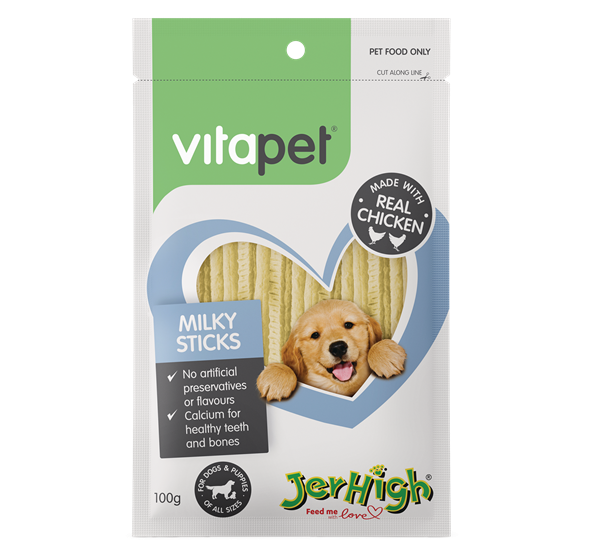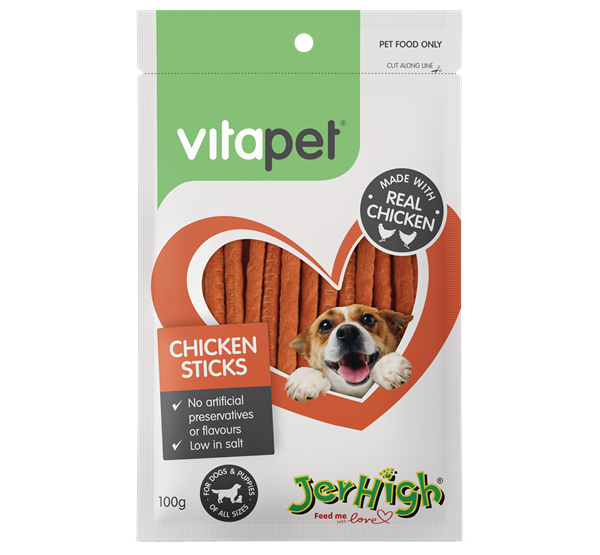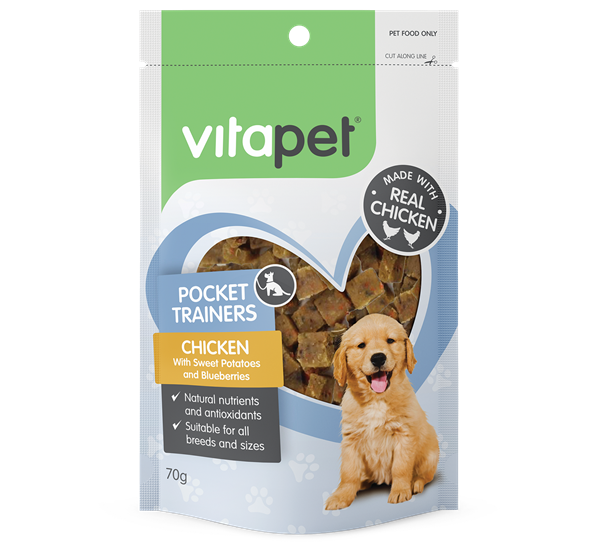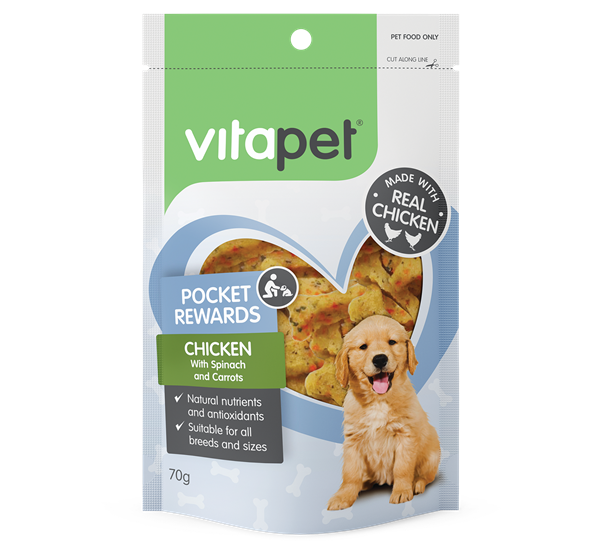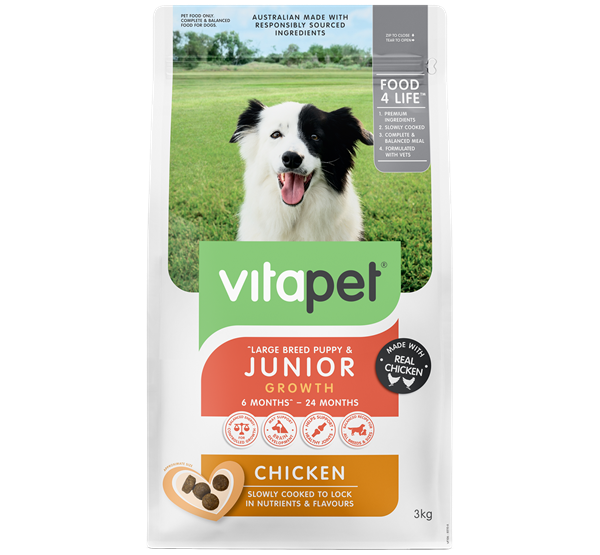When it comes to raising a healthy and happy puppy, providing them with a well-balanced diet is essential. While protein, fat, and carbohydrates are often emphasised, the role of dietary fibre is sometimes overlooked.
However, fibre plays a crucial role in a puppy's overall well-being. In this article, we will explore the significance of fibre in puppy food and how it contributes to their growth and development.
Understanding Dietary Fibre
Dietary fibre refers to the indigestible portion of plant-based foods, such as fruits, vegetables, grains, and legumes. Unlike other nutrients, fibre doesn't provide energy or nutrients directly, but it offers numerous health benefits. Fibre can be classified into two main types: soluble fibre and insoluble fibre.
Soluble fibre dissolves in water and forms a gel-like substance, which helps slow down digestion and regulates blood sugar levels. Insoluble fibre, on the other hand, adds bulk to the diet, promotes regular bowel movements, and prevents constipation. Both types of fibre are important for a puppy's overall health.
Benefits of Fibre for Puppies
1. Digestive Health
Fibre plays a vital role in maintaining a healthy digestive system for puppies. It promotes regular bowel movements and prevents diarrhea or constipation. Adequate fibre intake helps regulate the passage of food through the digestive tract, ensuring proper absorption of nutrients and elimination of waste. Foods like sweet potato and chicory root are great high fibre ingredients in some puppy foods.
2. Weight Management
Puppies, like humans, can struggle with weight issues. Fibre-rich foods provide a feeling of fullness, reducing the likelihood of overeating. This can be particularly beneficial for puppies prone to obesity, as it helps control their calorie intake and maintain a healthy weight.
3. Blood Sugar Regulation
Fibre helps regulate blood sugar levels by slowing down the absorption of glucose from the digestive tract. This is especially important for puppies at risk of developing diabetes or those with insulin resistance. A steady and controlled release of glucose into the bloodstream helps prevent spikes and crashes in blood sugar levels.
4. Dental Health
Chewing on fibre-rich foods, such as crunchy vegetables or fibrous treats, can help remove plaque and tartar from a puppy's teeth. Additionally, the act of chewing stimulates saliva production, which helps neutralize acid and prevent tooth decay.
Choosing a High-Fibre Puppy Food
When selecting puppy food, it's crucial to consider the fibre content. Look for high-quality commercial puppy foods that contain a moderate amount of fibre. Too little fibre may lead to digestive issues, while excessive fibre can cause loose stools or nutrient malabsorption.
Aim for a fibre content of around 3% - 5.5% in dry puppy food.
Consulting with a veterinarian is recommended when choosing the right puppy food to ensure that your furry friend receives the appropriate balance of nutrients, including fibre.
Incorporating fibre into a puppy's diet is essential for their overall health and well-being.
From promoting healthy digestion to managing weight and regulating blood sugar levels, fibre plays a crucial role in a puppy's growth and development.
Remember to provide a balanced diet that includes appropriate levels of fibre.
By prioritising fibre intake, you're taking an important step toward ensuring a healthy and happy future for your beloved puppy.















